New shipping scam: Scan QR codes, lose all data. Not only online shoppers but anyone curious can also become a victim of this new scam.
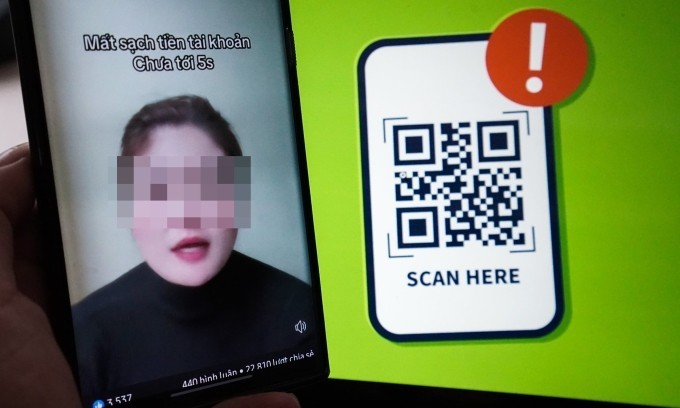
The US Federal Bureau of Investigation (FBI) has issued an urgent warning about a sophisticated form of fraud related to the transportation of goods. Accordingly, scammers send random packages to recipients even though they have never ordered them. Initially, this trick was used to create fake reviews on e-commerce platforms, but the real danger lies in the printed paper with QR codes inside the boxes.
With just one scan, victims can open the door for hackers to break into their phones. These QR codes lead to fake websites that ask for personal information, financial data, or install malware.
Once trapped, the scammer can collect all the information from credit cards, bank accounts, stocks to electronic wallets. Worse, personal data is also at risk of being sold on the black market without the victim knowing.
From tricks in the US to reality in Vietnam
The danger of this trick is that the package often does not have a return address or sender information, making the recipient suspicious but also curious. With the convenient habit of scanning QR codes on smartphones, many people easily fall into the trap in just a few seconds.
What is worrying is that in Vietnam, scams related to QR codes have also appeared. According to the Government's electronic newspaper, in Hanoi , Tay Ho District Police just received a report from a mini supermarket where a thief had pasted a fake QR code over the glass. The store owner only discovered it when a customer reported that he had paid but the money had not been transferred to his account. After checking, it was discovered that the real QR code had been covered with a fake code to transfer money to the subject's account.
Not only that, the trick of using photo editing apps for transactions has also been recorded. The police of Nenh ward (Viet Yen town, Bac Giang ) have just arrested Nguyen Van Phuong (residing in Thai Nguyen) for fraud. Phuong pretended to need cash, promised to transfer money immediately but in fact used an editing app to create fake photos of successful transfers, thereby appropriating money from shop owners.
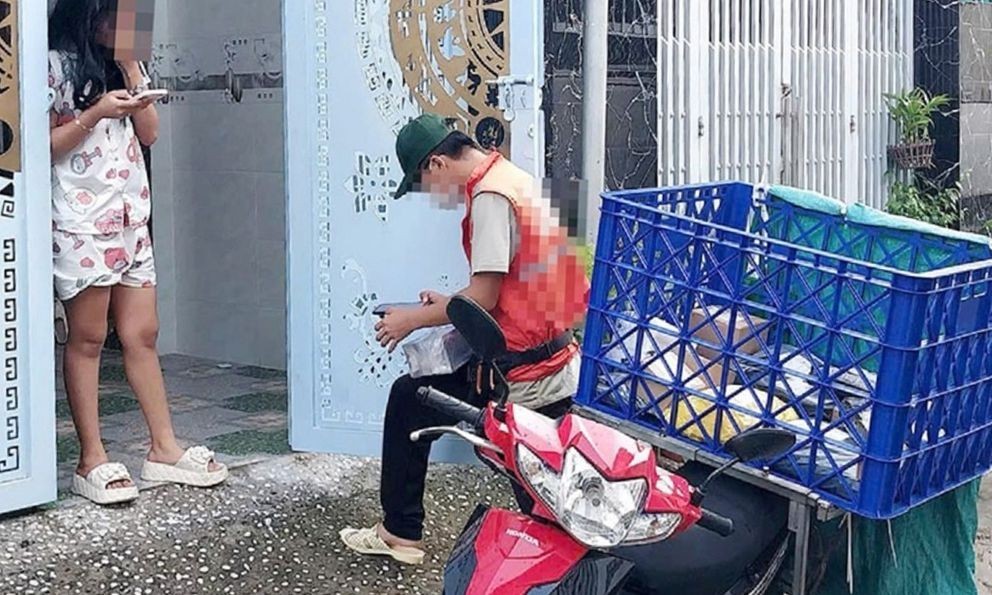
In Lao Cai, Lao Cai City Police have also prosecuted Ha Thi Ngoc (residing in Vinh Phuc ) for creating fake invoices over the phone to buy clothes and food. The subject confessed to taking a photo of the store's QR code and sending it to an acquaintance online to fake the payment transaction, then using this invoice to commit fraud and appropriate property.
The above cases show that high-tech criminals are increasingly taking advantage of subjective psychology and electronic payment habits to carry out sophisticated acts, making it easy for both consumers and small businesses to fall into traps.
FBI and police advise: Be extremely vigilant.
The FBI recommends that users avoid scanning QR codes in unfamiliar packages, carefully check permissions when installing apps, and immediately change passwords if they suspect they are being targeted. At the same time, people should monitor their credit reports for unusual transactions.
In Vietnam, the police force is also simultaneously checking and disseminating information to stores, supermarkets and people about this new trick. Business owners are advised to regularly check the QR code postage, not to immediately trust the transfer image but to verify the actual amount in the bank account before delivering or giving cash.
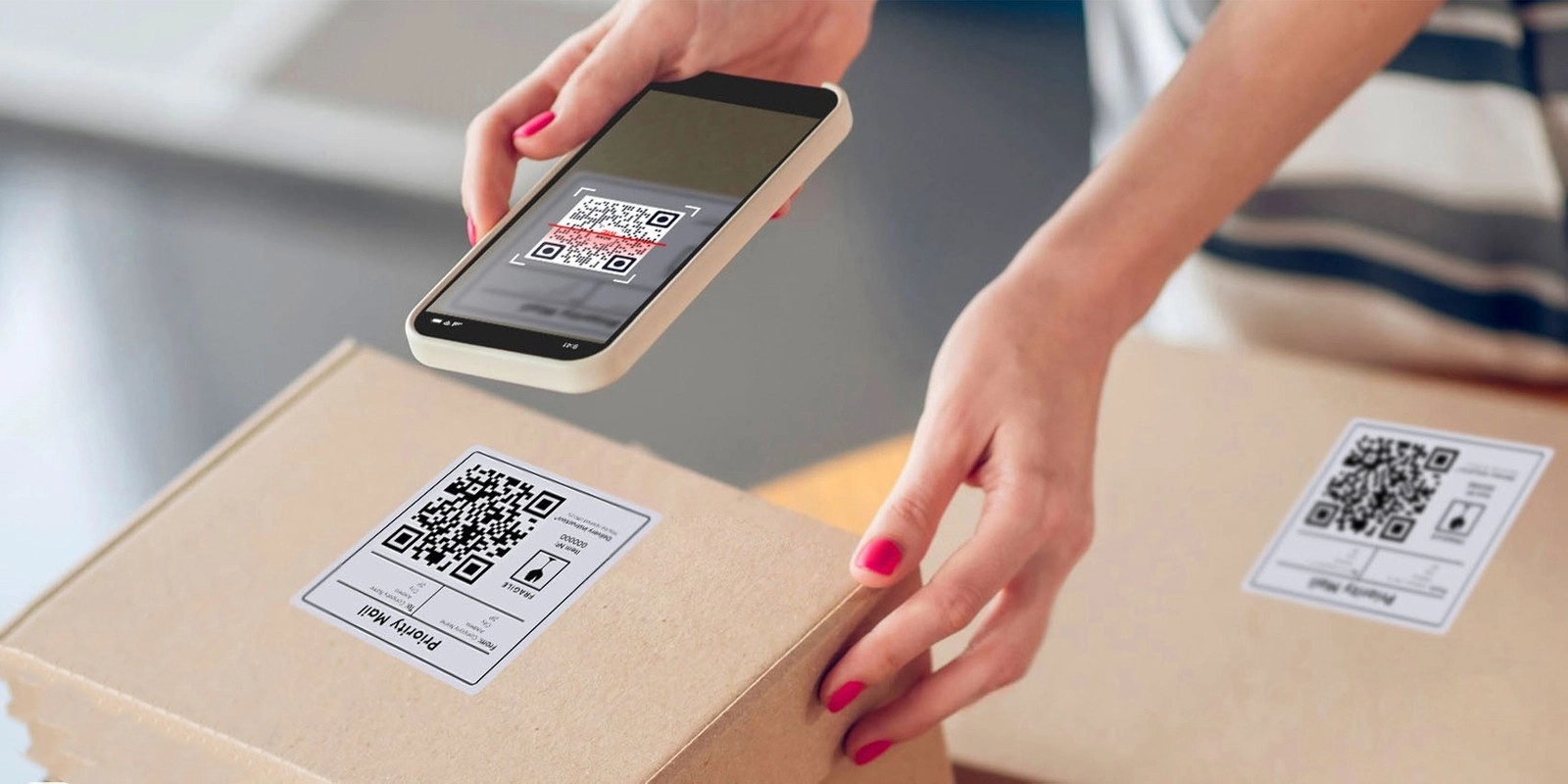
Although the scam of scanning QR codes from strange packages originated in the US, security experts warn that it is completely capable of spreading globally, especially in countries with high digital payment rates like Vietnam. In the context of Vietnamese people increasingly becoming accustomed to using smartphones for transactions, from purchasing goods, transferring money to paying for services, just one minute of carelessness can turn the phone into a "gateway" for hackers to steal all data.
Raising vigilance, verifying carefully before each transaction and regularly updating warning information from authorities will be a necessary "shield" to avoid losing money unjustly and protect personal data.
Source: https://baolaocai.vn/mot-phut-to-mo-quet-ma-qr-cai-gia-phai-tra-la-toan-bo-du-lieu-ca-nhan-va-tai-chinh-post879999.html



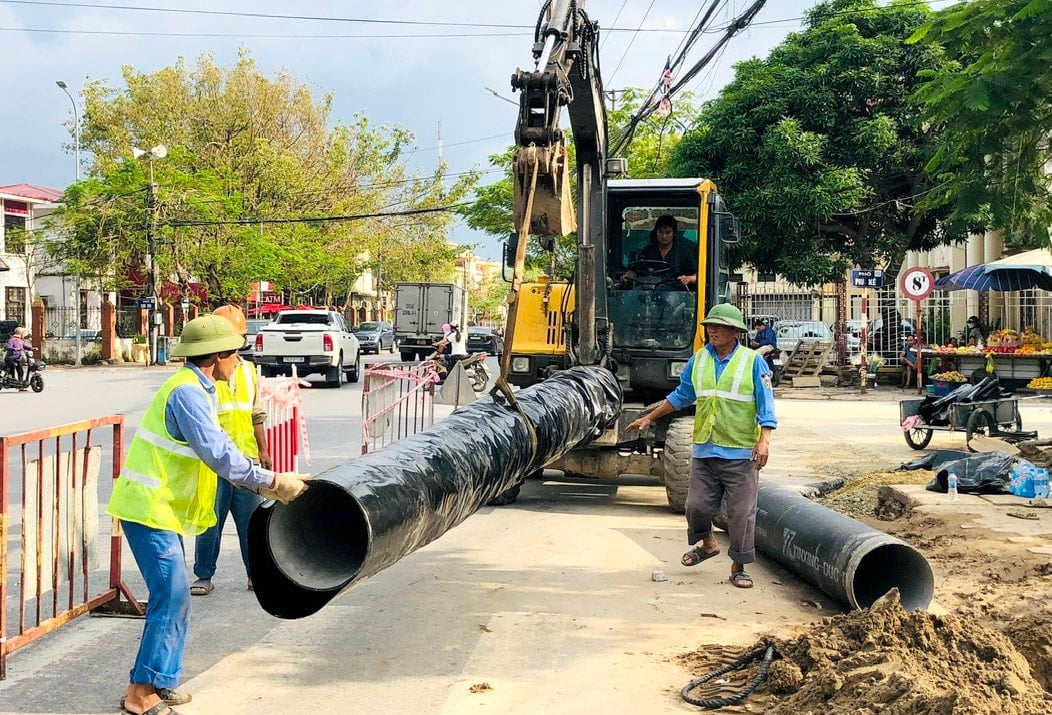



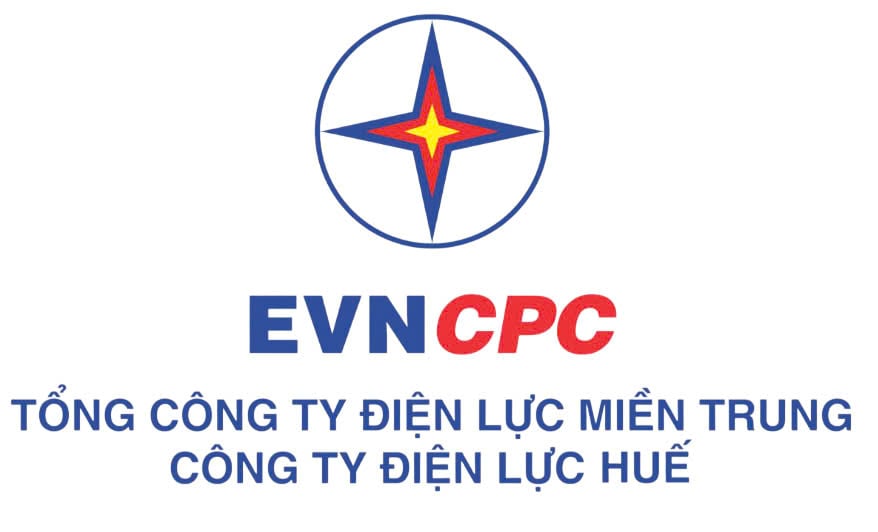

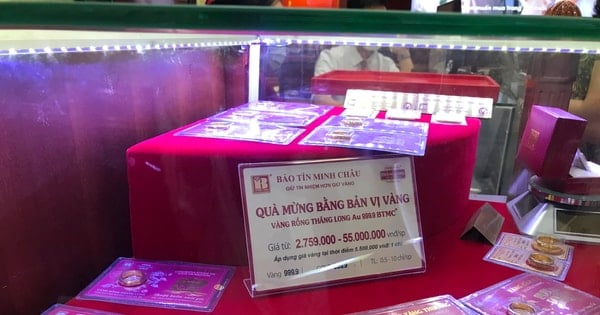














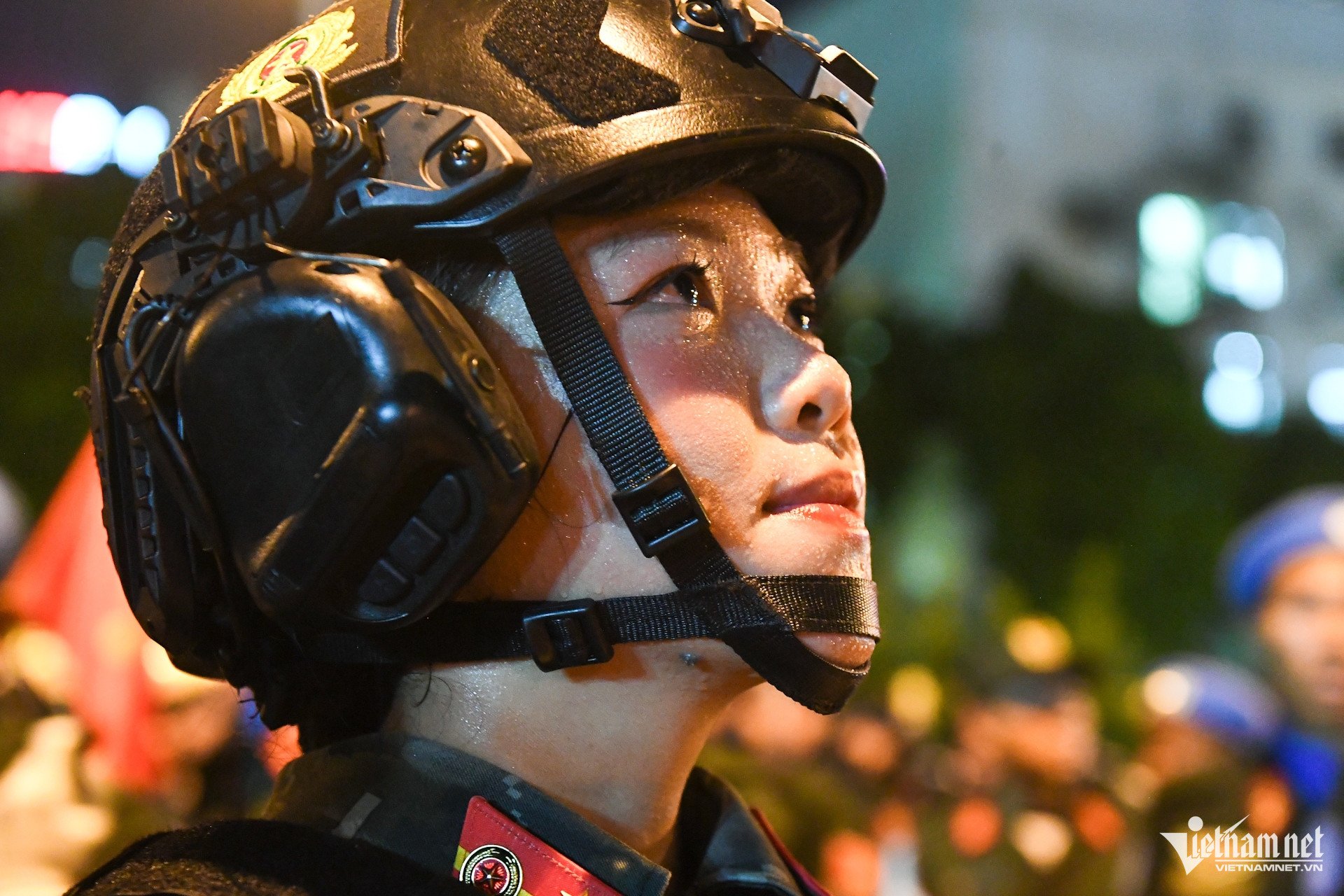



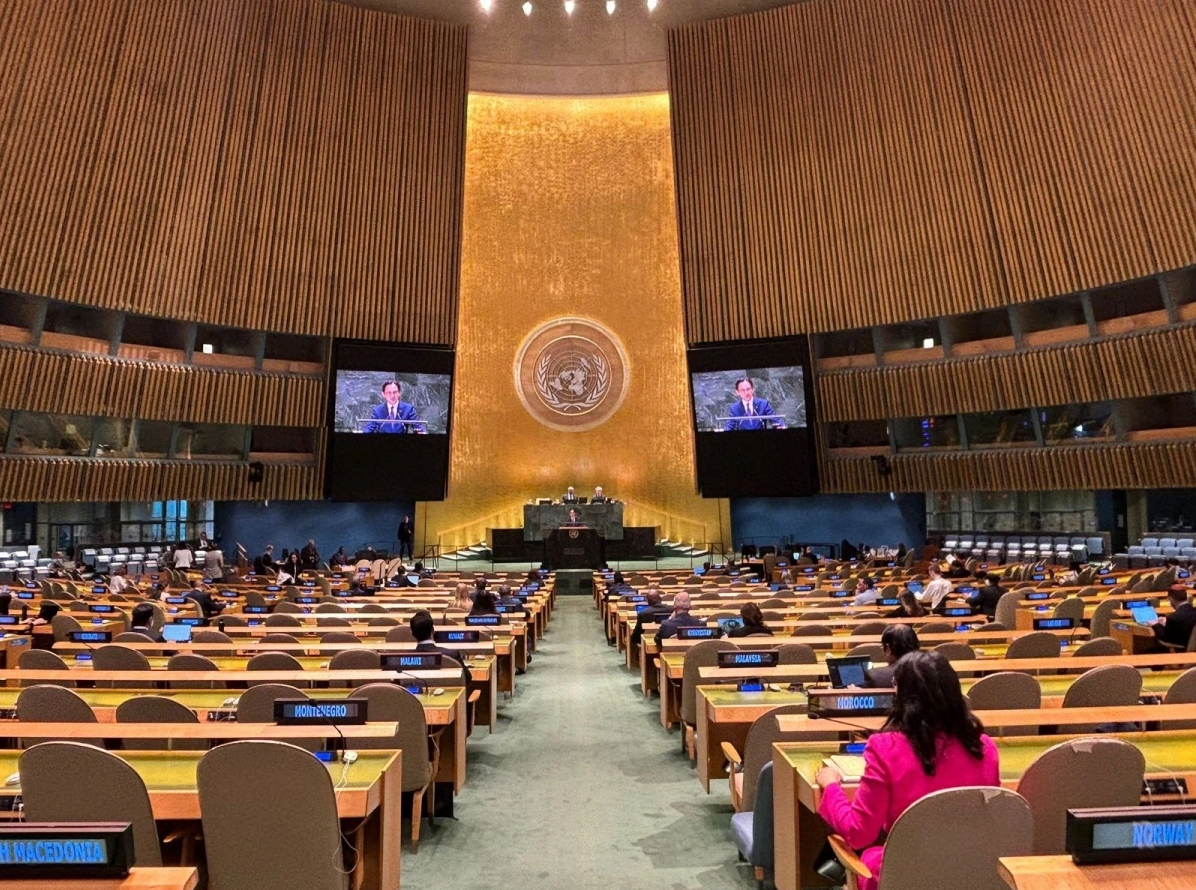




































































Comment (0)